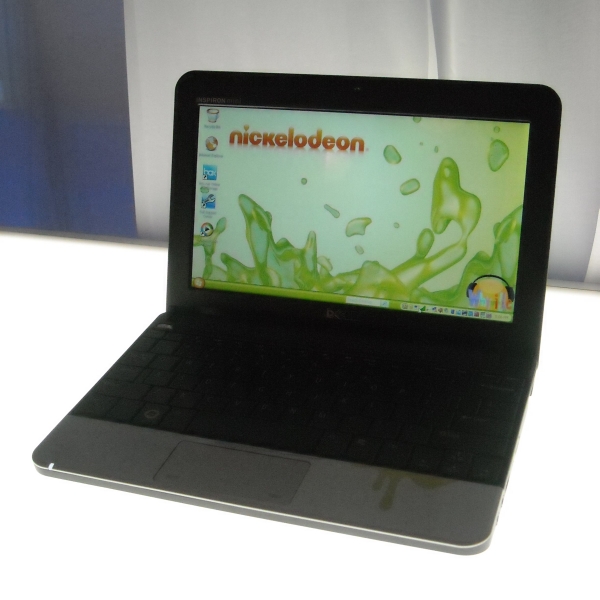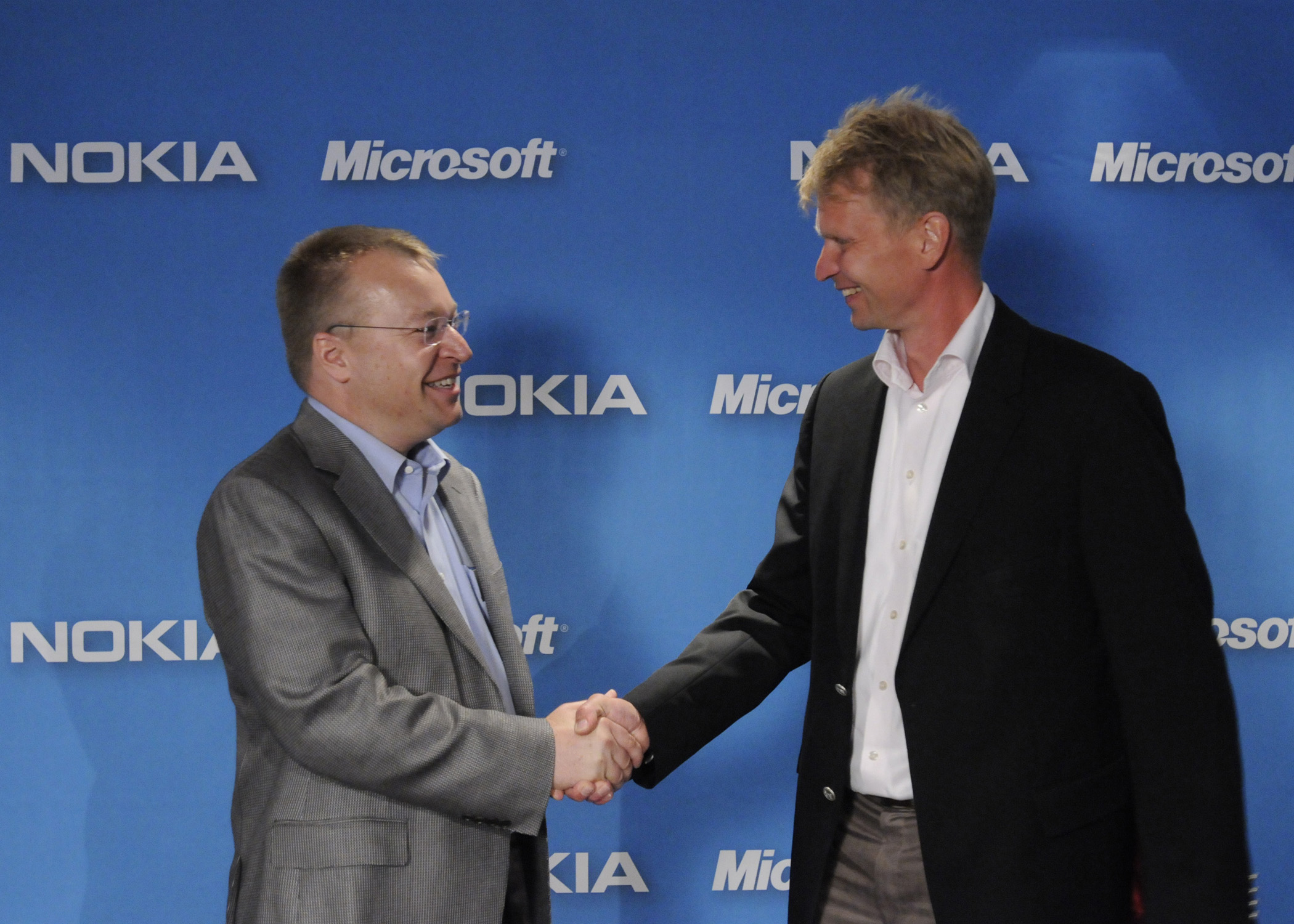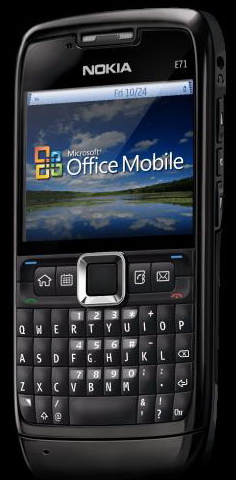
Sony to dump proprietary DRM in eBooks
This morning, Sony announced that it intends to "take the confusion out of digital book formats" and put all its weight behind the EPUB format. By the end of 2009, Sony will only sell EPUB books in its store, and will have dropped its proprietary DRM entirely in favor of Adobe's CS4 server side copy protection.
"A world of proprietary formats and DRMs creates silos and limits overall market growth," Steve Haber, president of Sony's Digital Reading Business Division said. "Consumers should not have to worry about which device works with which store. With a common format and common content protection solution (DRM), they will be able to shop around for the content they want regardless of where they get it or what device they use."

Maybe frequency is important: AMD raises Phenom II ceiling to 3.4 GHz
Starting today, AMD is marketing a stepped-up version of its Dragon platform's top-of-the-line processor, the Phenom II X4 model 965, for a price of $245 in 1,000-unit quantities (the "tray" price, street prices may be a little higher). The "stepped-up" part of the bargain involves a feature that just two years ago, AMD's marketing team was saying didn't really matter anymore: frequency.
It's a clear sign of AMD's renewed confidence in its own architecture that it now offers a consumer-grade desktop CPU clocked at 3.4 GHz. During those bleak days of the company's under-performing Barcelona architecture, it tried hard to play down its unwillingness to break the 3.0 GHz barrier. For a company that's famous for being very straight with its customers, these explanations of why higher performance isn't the number one item on their wants list sounded like raising the white flag, in the midst of stiff competition from Intel's Core 2.

Zune HD: Finally, it's official
Though the device has been leakier than a rowboat made of Swiss cheese, Microsoft has at last given the final word on the Zune HD's availability, and It's up for pre-order today.
Microsoft's multi-touch, HD radio packing MP3 player can be pre-ordered today on Amazon.com, Best Buy.com, Walmart.com, and the Microsoft store, (though as of 3:30am EST, only Best Buy had an active page.)

Is Microsoft violator or victim in i4i patent dispute?
Perhaps they don't use Microsoft Office at the courthouse in Tyler, Texas? Could there be no computers at all and just Selectric typewriters? I have to wonder following yesterday's injunction barring Microsoft from shipping Word.
I'm being snide because Tyler is the reputed "patent troll" capital of North America. Plaintiffs tend to win big judgments there, and surrounding vicinity, against companies like Microsoft. As such, it's easy to dismiss yesterday's court judgment as meritless. But is it?

Dell and Nickelodeon launch 'slime' netbooks for kids
At a press event in New York City this week, Dell and two partners rolled out a new product that will compete in the home market versus kids' netbooks slated for release this fall by Eee maker Asus and Disney.
The upcoming Dell Inspiron Mini Nickelodeon Edition is based on a low-end, slimmed down version of Dell's current Mini 10 netbook, known internally as a "bear" edition, noted Bill Holden, a Dell product management executive, speaking with Betanews at the event.

Safari 4.0.3 speed gains hobbled by unexplained poor AJAX performance
Download Apple Safari for Windows 4.0.3 from Fileforum now.
The latest security update to Apple's Safari 4 browser for Windows includes impressive speed gains in many departments, including page rendering -- gains the one-time speed champion desperately needs to remain competitive against Google Chrome 3. But a surprisingly poor performance score in one department -- declarations of AJAX objects on one of the tests in Betanews' benchmark suite -- is preventing the latest production version of Apple's browser from decidedly overpowering the latest production edition of Google's.

$1 rentals are not too cheap: Redbox sues 20th Century Fox
In the second suit of its kind, DVD rental kiosk maker Redbox is suing 20th Century Fox in US District Court in Wilmington, Delaware, for allegedly intentionally delaying shipments of its DVD releases to Redbox.
In the first such suit at the end of 2008, Universal Studios Home Entertainment allegedly attempted to limit the availability of its titles in Coinstar-owned Redbox movie rental kiosks. The studio wanted its DVD releases to be off limits to Redbox for the first 45 days after release. The studio believed Redbox's $1 rentals have a devaluating effect on DVDs.

Android app updates support for Office documents
Just as Microsoft and Nokia announced Office will be coming to Symbian S60, the mobile software company that makes Office-compatible readers for Symbian UIQ and S80 released a new productivity app for Android.
DataViz DocumentsToGo 2.0, released yesterday in the Android Market, is a portable productivity suite that lets users view, edit, and create new Word, Excel, and PowerPoint documents and supports a number of formats including the latest Adobe .PDF files.

Microsoft and Nokia do the right thing for the wrong reasons
Today's Microsoft and Nokia strategic alliance is important for both companies, but probably not for the reasons many people will write about. Mobile Office is no big deal. Most people don't need it. Nokia already supports Exchange Sync, which matters more. For Microsoft, the deal's big bang is Office Communications and SharePoint servers support on Nokia handsets.
Microsoft casts the deal as being for enterprises, which is shortsighted. Based on the announcement, axiom "doing the right thing for the wrong reasons" applies here. The Nokia deal is potentially quite good for Microsoft, but for other reasons than Mobile Office. But, for Microsoft, Mobile Office must be the strategic priority, because the company needs to extend Office desktop software's relevance to the handset and the cloud. As I've written many times before, a new applications stack -- mobile device to the cloud -- challenges Microsoft's dominant Office-Windows-Windows Server applications stack.

Microsoft and Nokia join forces to take on BlackBerry
Nokia's Symbian S60 today became the first non-Windows Mobile platform to receive support for the Microsoft Office Mobile suite of applications and services. Microsoft and Nokia today announced their long-term partnership to collaborate on the design, development, and marketing of mobile productivity solutions.
Beginning next year, Nokia's E-series handsets will ship with Microsoft Office Communicator Mobile built in, and later, other Office applications and software will be added to the Symbian platform, such as mobile versions of Microsoft Word, PowerPoint, Excel, and OneNote, as well as SharePoint Server and Microsoft System Center.

Judge invokes DMCA in upholding ban on RealDVD
The technology used to thwart DVD ripping software such as Slysoft's AnyDVD includes mechanisms that place intentional errors and even false logic, such as navigation menus that lead nowhere, on studios' DVDs. Ordinary DVD players would ignore this false information, but rippers may copy it and, in producing better images of it in the copy, produce DVDs with errors that ordinary players would not ignore. It's this technology which RealNetworks engineers actively worked to overcome, in their creation of a system enabling owners of DVD movies to create archival backups of their collections onto hard disk drives.
Yesterday, US District Court Judge Marilyn Hall Patel ruled that this act -- the creation of error-correcting code that does not discriminate between accidental errors such as scratches, and intentional errors used for copy protection -- is a violation of the Digital Millennium Copyright Act. This in her decision yesterday which upholds a lower court ban on the sale of RealDVD, and future Real products based on that product, imposed last October.

US sale of Microsoft Word threatened by court injunction
The US District Court in Eastern Texas, the hotbed of patent litigation where everyone from Apple to Nintendo has been found guilty, has granted an injunction on Microsoft Word on account of willful infringement upon patents held by Canadian software company i4i.
That's right. Judge Leonard Davis yesterday said that Microsoft can no longer sell Word 2003, Word 2007, or "Microsoft Word products not more than colorably different from Microsoft Word 2003 or Microsoft Word 2007," and must pay $200 million in damages to i4i.

On second thought, Tr.im stays open
Just shy of two days after announcing it couldn't afford to keep URL shortening site Tr.im open, The Nambu Network says public demand for the site is far too great to simply shut down.
Tr.im will stay alive instead.

Web cookies elevated to a US government privacy firestorm
The principal architecture of HTTP, the transfer protocol for the Web, is by definition sessionless. That means that once a browser has completed loading a page from a server, the communication between the server and the browser is broken. So any illusion of a connection between the browser's user and the server is produced by the server creating a record of the session that inevitably terminates, and referring to that record later. The only decision a Web publisher has to make is where to store those records -- on a local database, or using remote cookies stored on the client.
For most publishers, that decision takes less than two seconds to make -- cookies are practically ubiquitous among Web sites. But for the United States Government, storing any record about a person using a government service is a privacy concern; and the decision of storing and retrieving government-generated data on a citizen's private computer raises the irresistible specter of conspiracy.

Firmware upgrade may be required for Seagate half-terabyte drives
At the beginning of 2009, Seagate had to deal with a firmware bug affecting 21 different hard drive models which caused widespread failure. For the second time this year, a Seagate internal HDD is causing problems that may necessitate a firmware upgrade.
The model in question is the 500 GB Seagate Momentus 7200.4 hard drive (model# ST9500420ASG), which causes the system to pause for as much as 10 seconds as the drive audibly hiccups.



